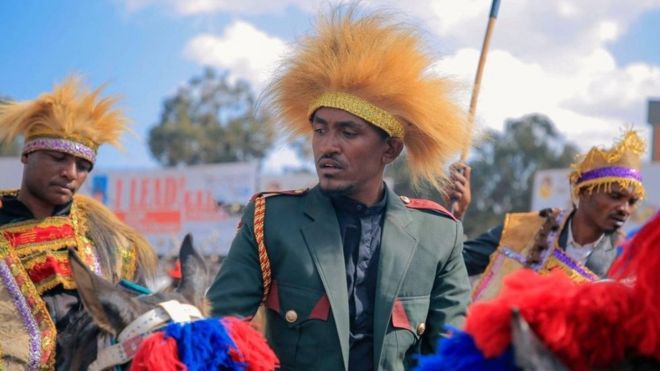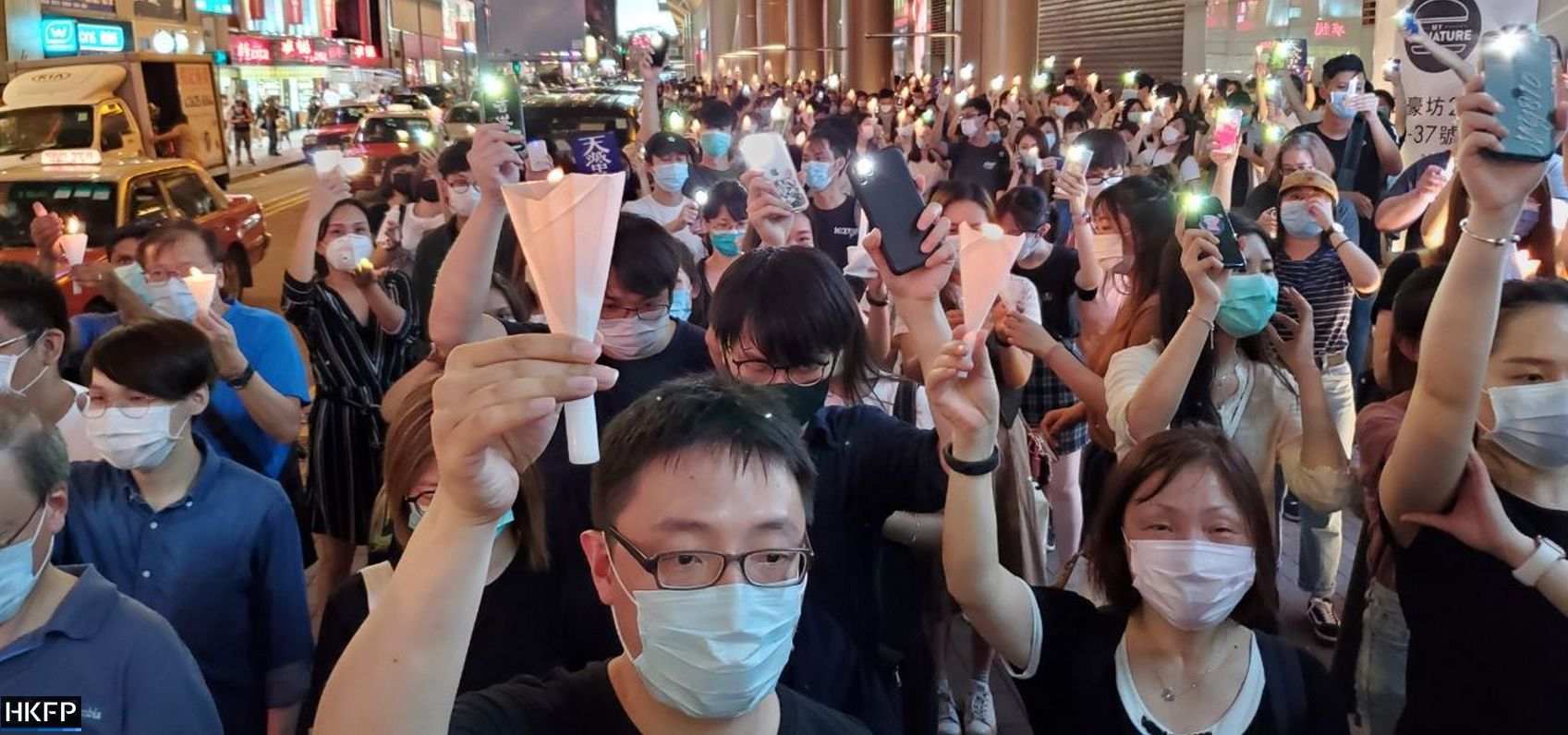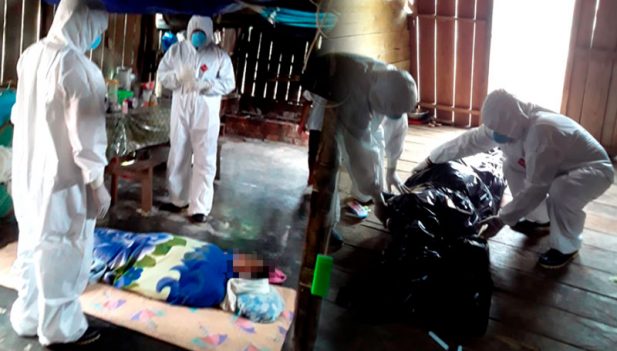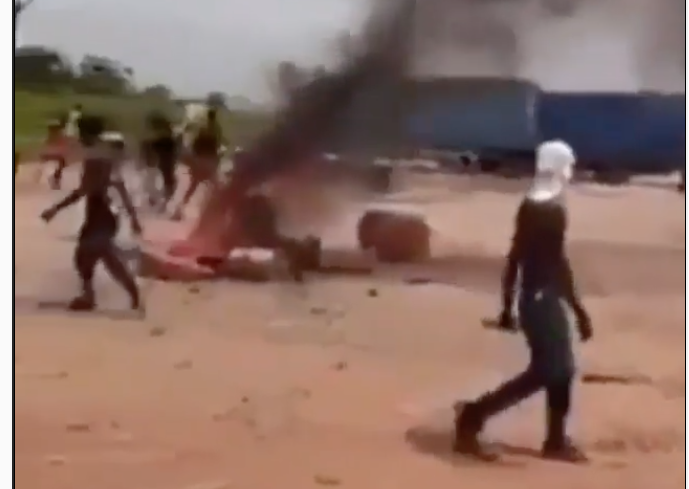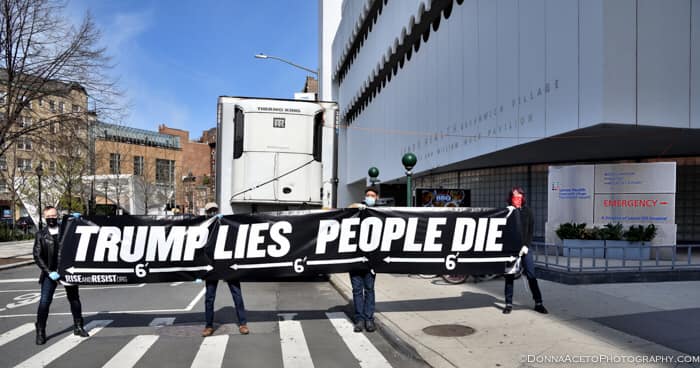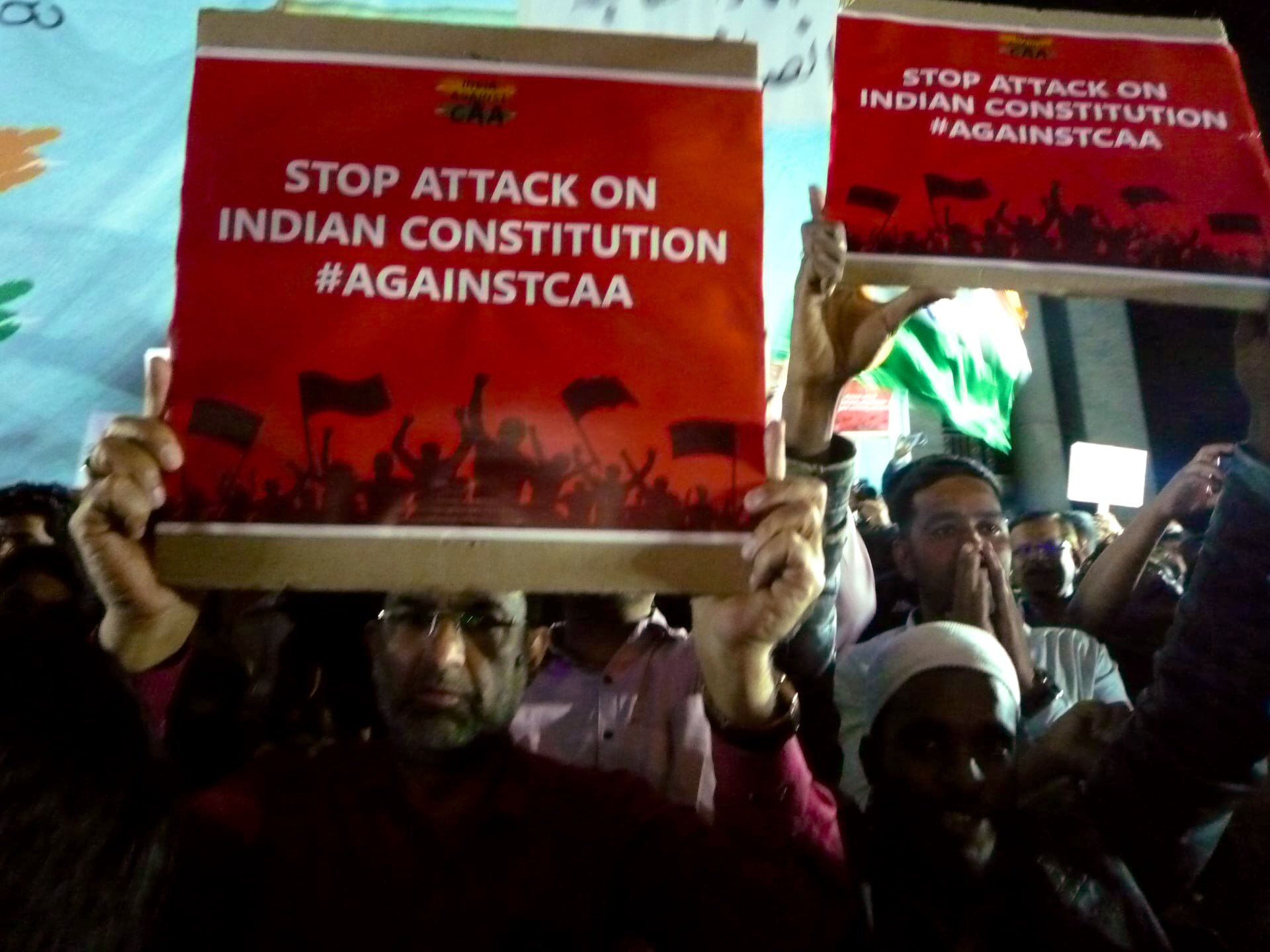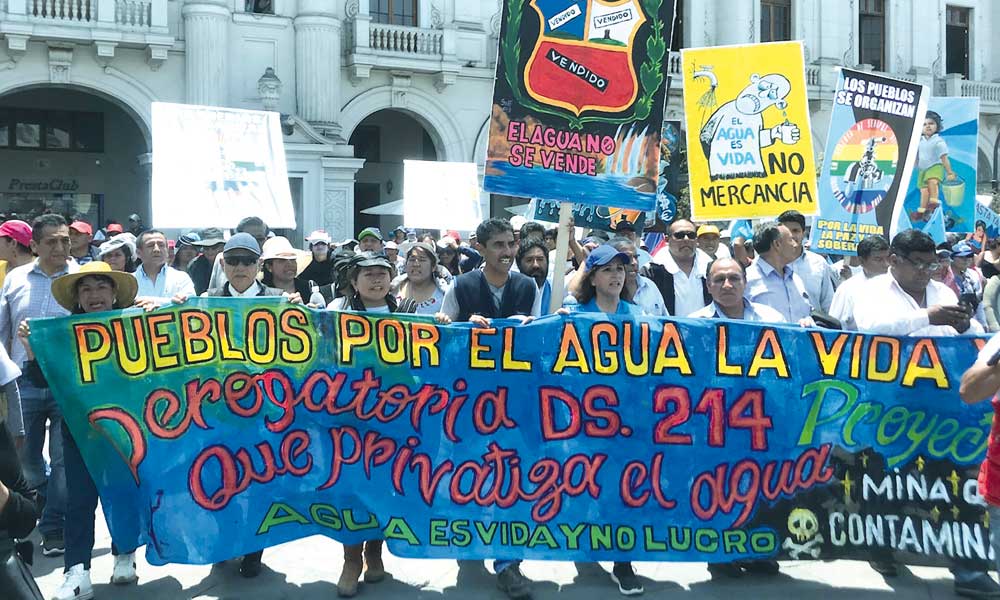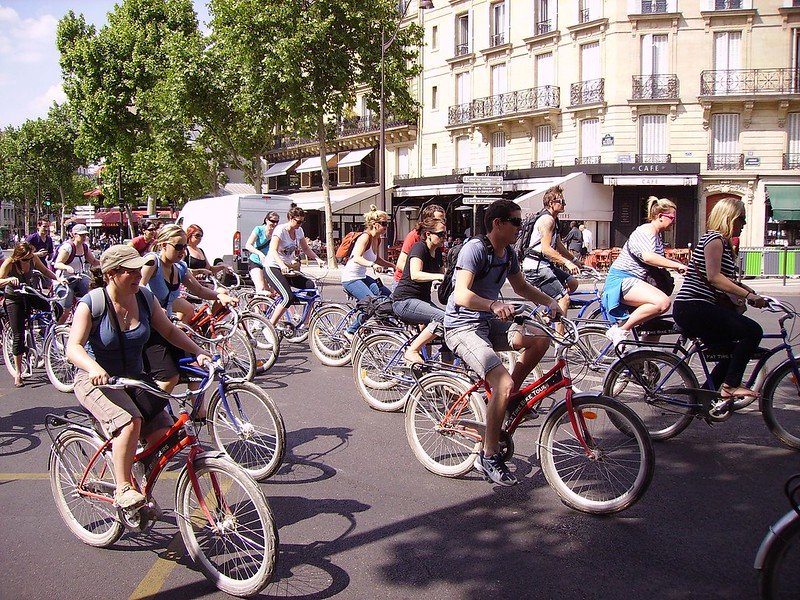
Global mayors envision car-free ‘new normal’
The Global Mayors COVID-19 Recovery Task Force, representing cities on every continent, announced a proposal for a post-pandemic “new normal” that will de-emphasize cars and carve out more room on the streets for bicyclists. The C40 Mayors Agenda for a Green and Just Recovery seeks to create conditions that will proactively prepare cities for future pandemics, while addressing systemic injustices and keeping global warming below the 1.5°C goal of the Paris Agreement. The Agenda calls for substantial investments in affordable housing and public transportation, the permanent banning of cars from many thoroughfares, an end to public investment in and subsidies for fossil fuels, and an embrace of the “15-Minute City” paradigm now being pioneered by Paris. (Photo: JPC24M)




